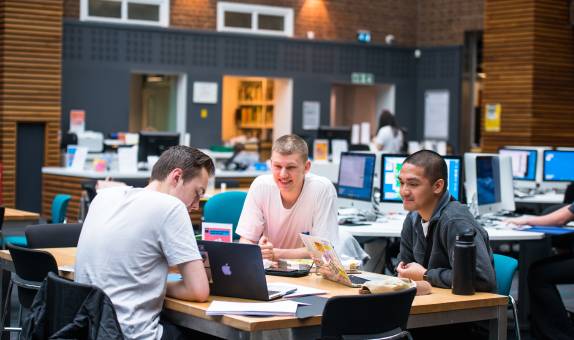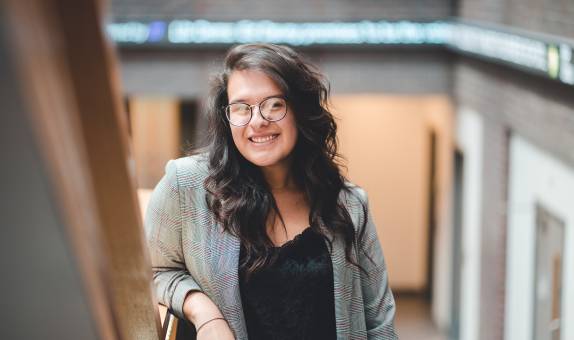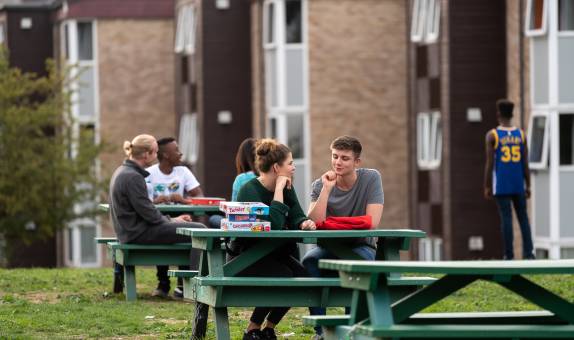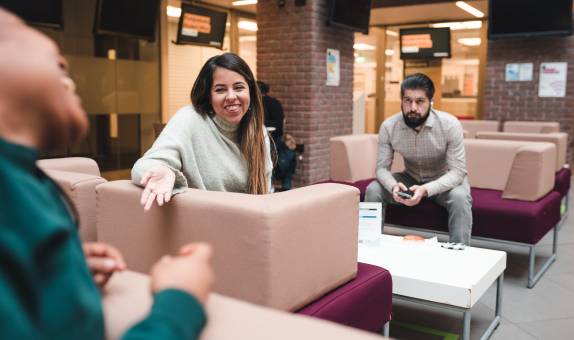What support can I get?
Whether you're an undergraduate, postgraduate, EU or international student, our advice is individually tailored to help you access the most effective support.
The needs of every student are different, and the kinds of support we offer depends on a student's individual needs. Not all the support options below are appropriate for all disabled students. Likewise, additional options will be available to students with more complex or specific needs.
If you are unsure whether or not our service can support you, contact us.
Ways we can help

Inclusive Curriculum Framework
Our Inclusive Curriculum Framework promotes a universal approach to course design intended to improve the experience, skills and attainment of all students.

Summary of support needs document (SOSN)
A SOSN will summarise your diagnosis or impairment and recommend adjustments tailored to your individual needs.
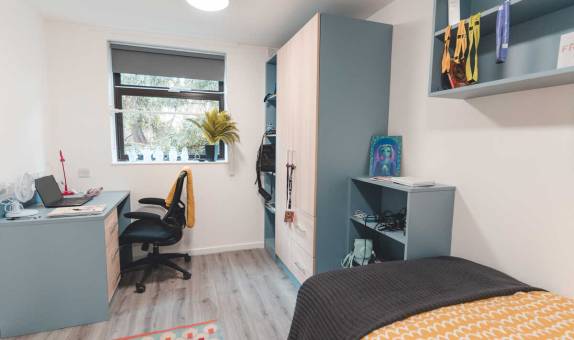
Accommodation support
We can offer different types of support and adjustments for disabled students living in our University halls of residence.
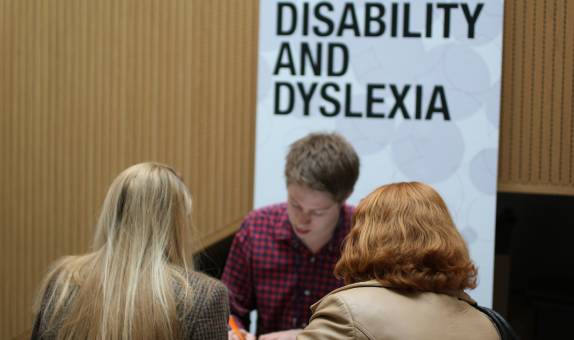
Screenings and assessments for Specific Learning Differences
Students who think they might have a Specific Learning Difference (SpLD) can receive a screening and funded assessment.

Additional exam arrangements
We can recommend a variety of exam and assessment support to help ‘level the playing field' for disabled students.
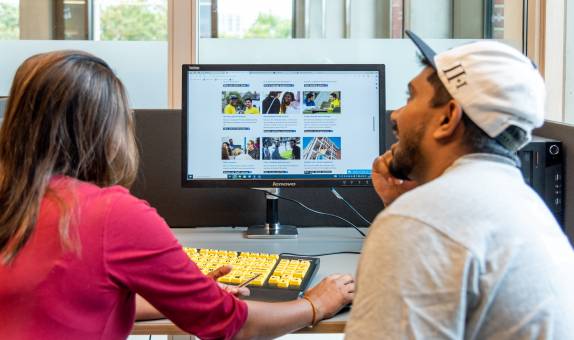
Non-medical help (NMH) support
Students requiring disability-related support from a non-medical helper can discuss their requirements with us.
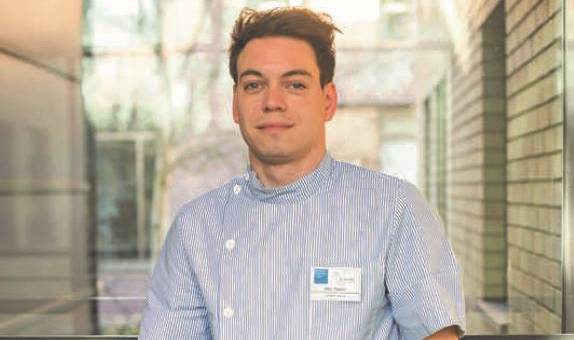
Personal care support
We can advise on and help you to arrange practical help for students requiring personal care support.

Library support
Make an appointment with us to discuss the bespoke library support we can help put in place to assist your studies.

Disabled Students' Allowances (DSAs)
You can apply for any extra disability-related costs arising from your studies.

Counselling and Wellbeing support
Find out what services the Student Counselling and Wellbeing team can offer during your time at Kingston University.
Screenings and assessments for Specific Learning Differences (SpLDs)
Current students who are having difficulties with their studies and think it may be due to an undiagnosed SpLD can receive a screening and funded assessment where applicable via our service.
Screenings and assessments are not carried out for individual SpLDs. Dyslexia, characteristics of dyspraxia DCD, dyscalculia and characteristics of AD(H)D will be assessed together in most cases.
Learning-based assessments
The Disability and Mental Health Service funds educational assessments for SpLDs. These assessments can only identify ‘characteristics of AD(H)D' which impact on education. An NHS or other medical assessment is required to access a full diagnosis and possible medication for AD(H)D.
A learning-based assessment only has the possibility to lead to support and different exam arrangements. Whereas the medical model of assessment for AD(H)D differs in both approach and outcomes because it is a single condition assessment and it can result in a prescription for medication.
The Disability and Mental Health Service does not provide screenings or assessments for Autism Spectrum Condition (ASC).
What we cannot provide
- We cannot fund assessments if you already hold acceptable evidence for an SpLD.
- We cannot fund a diagnostic assessment for specific learning differences if your screening and/or assessment is scheduled within the three months before the end of your studies.
- We cannot provide a screening or fund an assessment if you are on an interruption of study or not yet enrolled on your course.
You can request a screening for an SpLD by emailing disability@kingston.ac.uk.
Additional exam arrangements
These are reasonable adjustments that increase equity and accessibility in examinations. We endeavor as far as possible to ‘level the playing field' for disabled students. Advisors in the team can recommend a variety of exam and assessment support. This might be additional time to complete an exam, an extension to a coursework deadline or support from a reader or scribe.
The reasonable adjustments we recommend are advisory only. Although our recommendations are usually accepted, the final decision on additional exam arrangements is made by the academic registry department.
Exam adjustments outlined in evidence secured before attending Kingston University may not be replicated. This is to ensure equity. Different countries and/or Higher Education Institutions may have different standards
Examples of additional exam arrangements are:
- Extra time
- The use of a computer
- Rest breaks
- The use of a computer or inclusive technology
- A reader and/or amanuensis (scribe)
You are responsible for following the steps outlined on our How do I get support page to receive a summary of support needs document (SOSN). You will receive exam adjustments if your SOSN states these are needed to minimise disability-related disadvantage.
Please note: There are internal deadlines for submitting exam recommendations to the Academic Registry each year in November, February and May. If you do not have a SOSN in place by these exam deadlines it may affect your access to exam adjustments for that exam period.
Non-medical help (NMH) support (Human support)
This is a generic term for people who provide disability-related support to students and covers a diverse range of staff, including:
- laboratory assistants
- note-takers
- practical/library assistants
- British sign language interpreters
- orientation support
If you think you may need support from a non-medical helper, you should arrange an appointment with an advisor. We will discuss the difficulties you are experiencing and advise on any non-medical support that can be put in place for you. We can usually put this in place quickly provided we have the appropriate relevant evidence.
Non-medical support is provided by non-specialist individuals and is not subject-specific support. Non-medical helpers are not the same as personal carers/personal assistants.
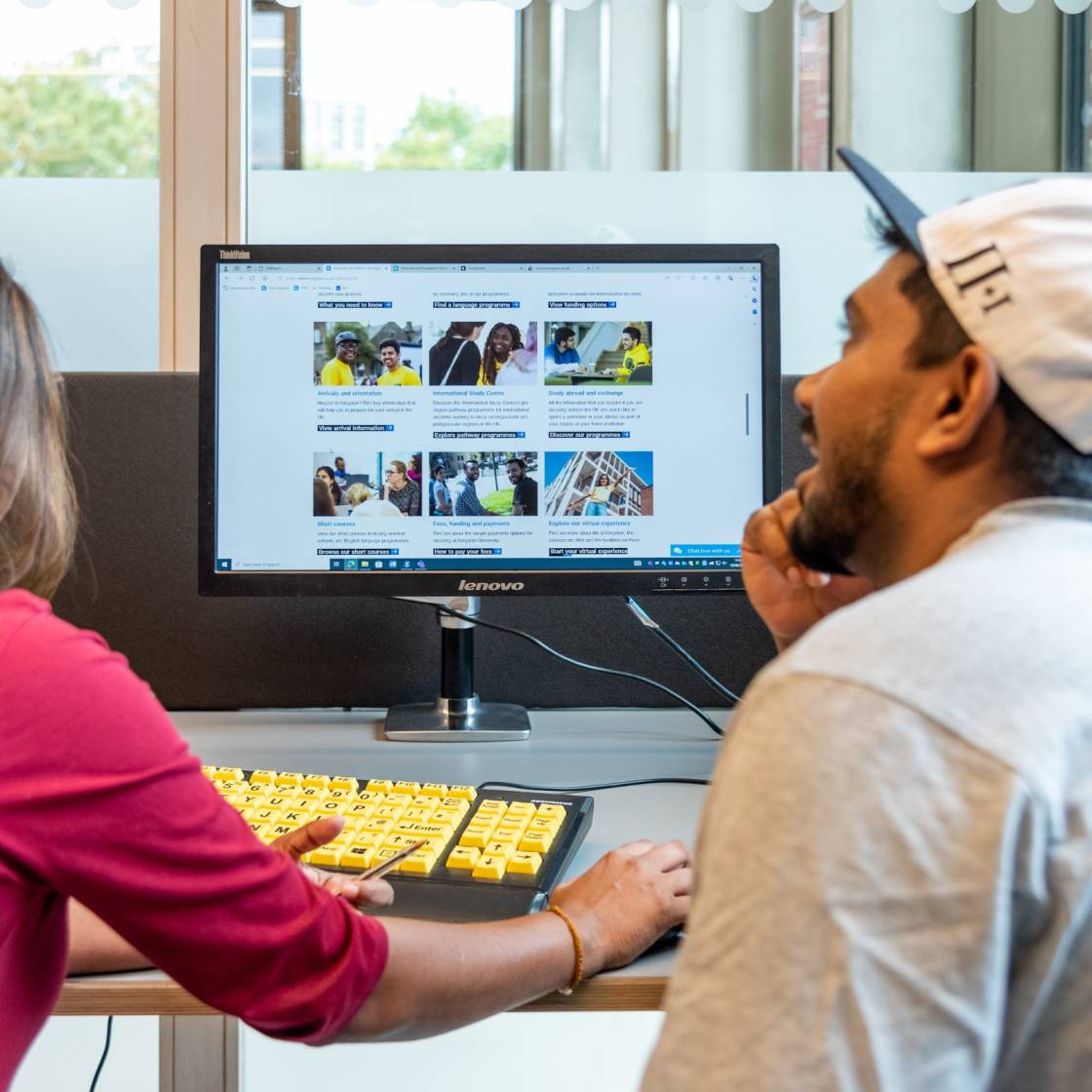
Funding and arranging personal care support
Personal care support refers to any practical help or assistance you require for daily life, regardless of student status – in other words, non-study related activities or tasks such as:
- getting up, going to bed, or adjusting position overnight (and during the day)
- washing/bathing and getting dressed
- help with eating or taking medication
- using the toilet
- domestic activities – cleaning your living area, shopping, preparing meals
- leisure or extra-curricular activities
- driving or helping you to get around outside study hours
The University does not provide funding for personal care or medical treatment (including medication, medical supplies or mobility equipment) because these things would be required even if you were not a student and are not related to your studies. Travel costs to receive medical treatment are also your responsibility.

Library support
The library works closely with the Disability and Mental Health Service to deliver bespoke support. This includes:
- longer book loans
- book fetching
- accessible textbooks
- access to assistive technology PCs
To arrange this support, please make an appointment with us. We will discuss the difficulties you are experiencing with your studies and will contact the Library to arrange any recommended support. A signed consent to share form and appropriate evidence of your needs must be provided before a library loan extension can be put in place.
Disabled Students' Allowances (DSAs)
Disabled students who are living in the UK (i.e. ‘home' students) can apply to Student Finance England or their relevant funding body for the Disabled Students' Allowances (DSAs). The DSA will pay for any extra disability-related study costs arising from your studies.
DSAs are not means-tested and do not need to be paid back. You can apply for DSAs at any time during your course, but we strongly recommend you do so as soon as possible as the whole process can take up to 3 months. You can apply for DSA when you apply for student finance.
Who is eligible?
If you have a disability, including mental health difficulties and other unseen disabilities, such as dyslexia or a medical condition, you may be eligible for DSAs. You will be asked to provide proof of your disability or impairment (e.g. a diagnostic assessment report, or a letter from a medical authority) and you will be invited to attend a needs assessment with a specialist assessor once your application has been approved.
What support is available?
The support you get depends on individual need but can include funding for specialist equipment (students must contribute the first £200 towards laptops or computers if either is recommended), taxi allowances, non-medical help and printing and other general allowances.
For further information, visit the government's DSA website.
If you are not eligible for DSA (including students on apprenticeship courses), contact us to discuss what funded support we may be able to provide for you.

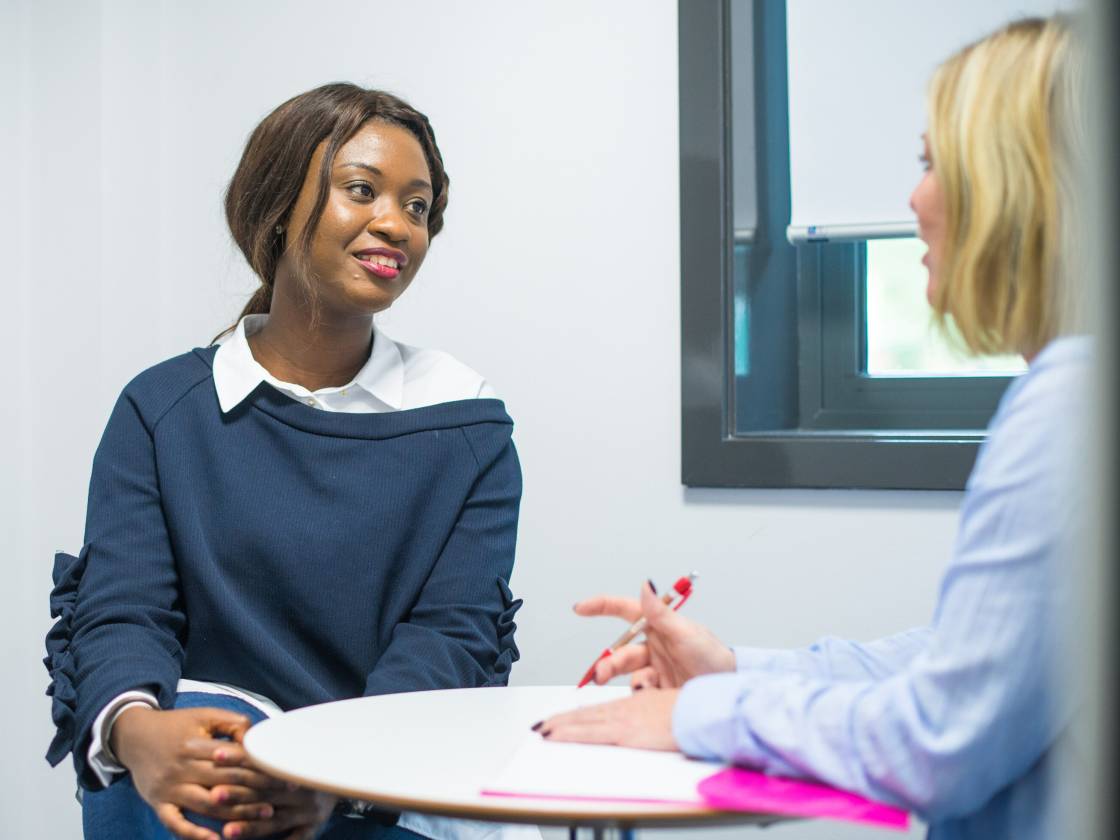
Counselling and Wellbeing support
The Student Counselling and Wellbeing team offers a range of services to support you during your time at Kingston University including:
- self-help guides
- counselling
- drop-in sessions
- listening sessions
- stress management




